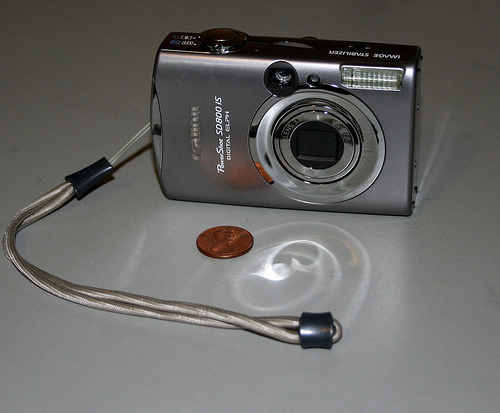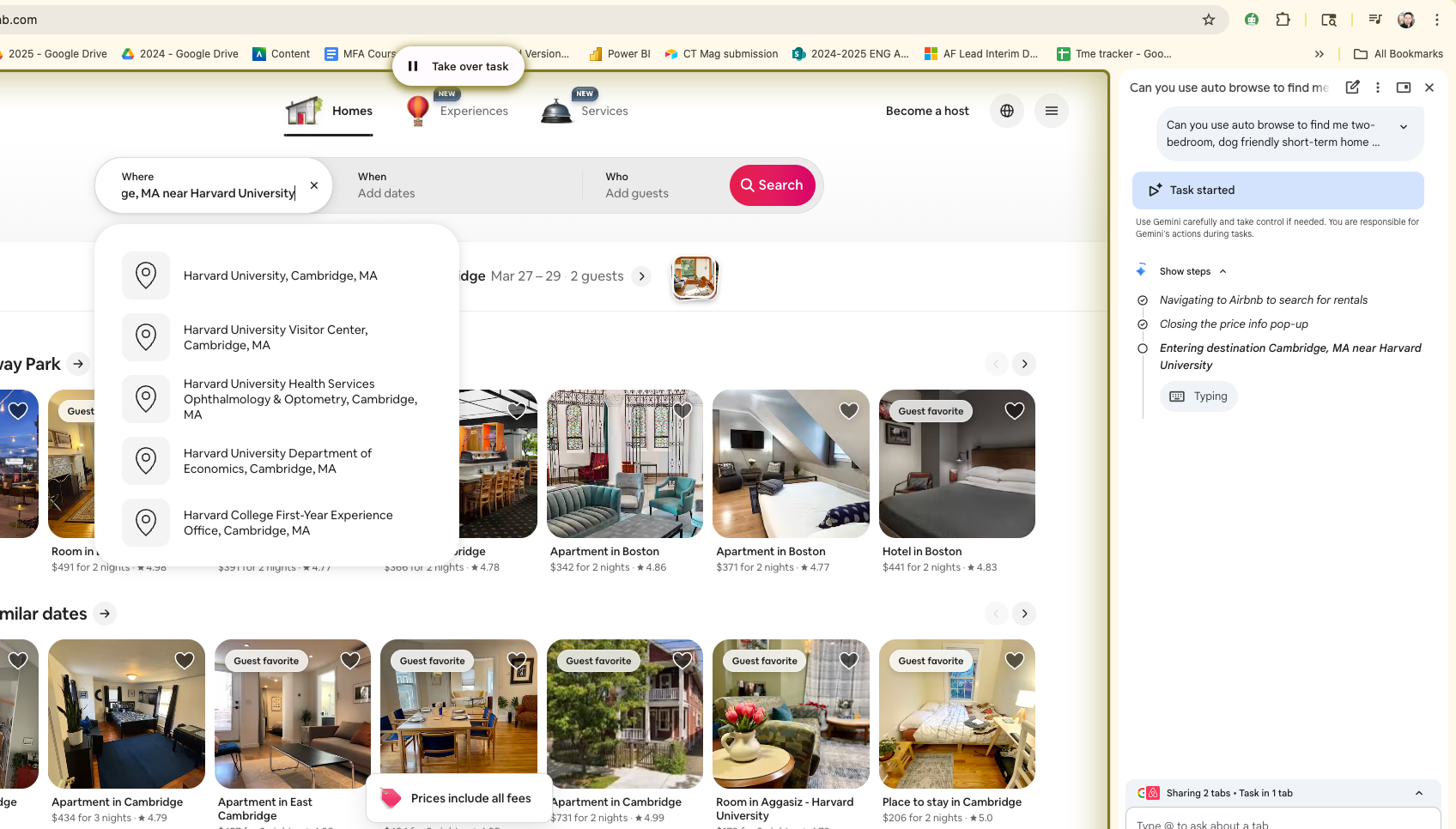612

Tools and ideas to transform education. Sign up below.
You are now subscribed
Your newsletter sign-up was successful
For the past 612 days I've taken at least one photo every day.
It started when one of my contacts in flickr, Darcy Norman, shared his photo a day efforts for 2007. It inspired enough of us to try the same for 2008. Although is was challenging many days, showing the finished project to my family made me realize what a treasure it was for us. It chronicled our entire year and brought back memories of not only the highlights but also the everyday moments that are what most of our lives are made of.
The project has done many things for me as a photographer. Not only does quantity matter but participating with others and seeing their daily photos inspires me and keeps me going. For some of those contacts, seeing what matters to them, seeing patterns in their lives is an interesting sociological experiment. I see the world differently. Darcy calls it "mindful seeing". Things I never considered to be interesting suddenly interest me. I stop along the side of a road to take pictures of fields, I carry my camera with me all the time and take photos of shadows, weird signs, old buildings and food.
Looking back at my childhood BDC (before digital cameras), my family were archivists. They took pictures on special occasions only, birthdays, Christmas and vacations. My wife's father was an amateur photographer who had his own darkroom. For our wedding we had the traditional slide show. I mean slides, not powerpoint. My family had about 40 pictures of my childhood to offer while my in-laws had to weed out from thousands.
Today everyone can be a photographer. Flickr has over 3 billion photos alone. This might be the most important single technology revolution in terms of participation. What does it mean? How has it changed us? Is this better or worse?
Like most technology, it's dependant on the user. And just like the internet, digital photography provides us with abundance. When schools consider what's important for our students to know, most are realizing memorization of facts is no longer a staple of education given the access to information. The better questions of learning ask "so what?" as we grapple with the information. Being able to take photos have access to photos is no longer an issue. We need to be asking, "so what?"
All this rambling is really about visual literacy. I speak a language today about compostion, I never spoke 10 years ago before I had a digital camera. The photos I took BDC are strikingly poor in comparison to the photos I take now. My fear is that our text bias schools continue to see photography and imagery as lesser forms of communication. This has to change.
Tools and ideas to transform education. Sign up below.
You want to be a better photographer?
- Take lots of pictures
- Post them for others to crtique
- Look at them often
- Look at other's photos
- Talk with others about photos
Has the advent of digital photography impacted you? Leave your comment. I'd love to hear from you.
cc licensed flickr photo shared by cogdogblog
